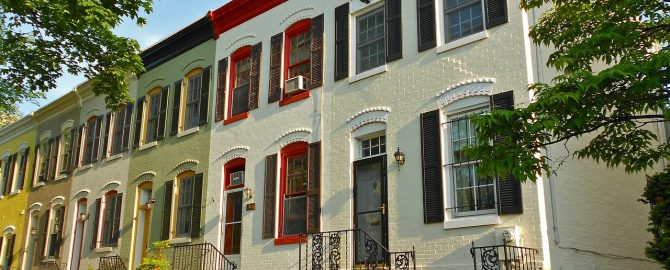There are several types of home ownership: single or multi family home, condominium, cooperative (often called co-op) or Planned Unit Development (known as a PUD). There are also a few buildings characterized as condop’s but for residential purposes this is a cooperative. A single or multi family home, PUD and a condominium are considered “real property” in that a deed evidences ownership. A cooperative is owned by a cooperative corporation, and ownership is evidenced by shares of stock and a proprietary lease.
A cooperative is usually the least expensive as far as acquisition costs. The reason for this is that the cooperative corporation pays the real estate taxes. The owners only pay their maintenance charges. This charge is usually the only item for which the purchaser must reimburse the seller at the time of purchase. In deed types of ownership depending on the property taxes, these adjustments can be thousands of dollars. However, almost all cooperatives require “board approval.” Every person who will be living in the unit must appear at a board meeting where they are interviewed. Before the meeting is scheduled the board requires that applications be completed in which detailed financial information is shared. Many boards will not meet with prospective buyers until s/he receives a mortgage commitment. Another factor which is not pleasant is as long as the board does not discriminate illegally, a co-op can turn down a sale for practically any reason. And they do not have give the reason for a rejection. There is talk that this may be changed under fair housing legislation in the near future, but as of today it is true.
A condominium can also require a meeting with the prospective purchasers but this is less common. Condominium ownership is therefore a less onerous process (no board approval), but as in a private home the owner is responsible for real estate taxes. In condominium ownership, in addition to mortgage payments (which often includes 1/12th of the annual real estate taxes in each monthly payment), one will also have monthly charges, called common charges, which are imposed by the condominium. These will cover the costs of maintaining the common areas of the condominium of which each owner owns a percentage. Common areas include hallways, walkways etc. In housing communities there is a monthly Homeowners Association (HOA) charge which usually covers maintenance of private roads, and/or a community center.
Condominiums and cooperatives, unlike a single family home, will most likely have house rules imposed by the board and/or management company. These include rules covering outdoor grilling, signs in windows or doors, activities prohibited in the unit, and other items for the quiet enjoyment of all owners. That is not to say anything goes in a private home, as communities also have rules. These include requirements one must meet before making improvements on the home, or if sheds are allowed, etc.
Each type of ownership has characteristics certain ones of which which will appeal to the different situations and priorities of each home buyer. The ideal is to find the form of ownership that suits you the best, and focus your search for that type of home ownership.
